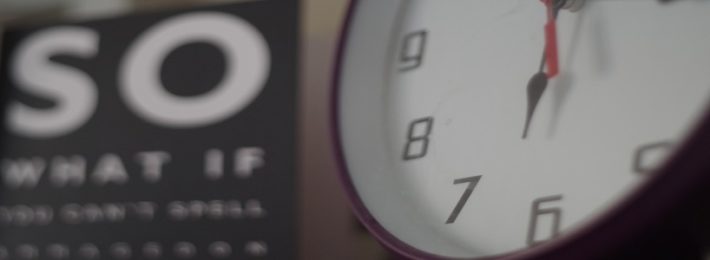How Time Card Fraud Can Cost You Your Security Clearance

With all of the ways to electronically track your activities these days, I am still amazed at the audacity of some who blatantly lie about when they showed up and left work or submit time cards claiming an over-inflated amount of hours worked. Smartphones, computer access logs, door access readers, security cameras, and your co-workers are all ways in which your activities are tracked and recorded. If you are working for the government, you are even forewarned that access and activity are monitored. It seems that those working in the IT career field are the ones more likely to get caught up in this practice as they tend to work on multiple projects simultaneously at odd hours, and sometimes even work for multiple employers at the same time.
An example of one such case was an National Security Agency (NSA) subcontractor who worked on classified contracts for two separate companies. He submitted a time sheet for 3,289 hours over a 22-month period for one company and 797 hours worked during that same time period for the other company. The NSA subsequently reviewed their access logs which revealed the employee was not at work for 1,700 hours of those he had claimed. The NSA referred the case to the Department of Justice for prosecution and the employee plead guilty to submitting false claims to the U.S. Government – a felony offense.
Although there was no mention of the employee’s security clearance status, you can bet the NSA revoked it as soon as they realized there was something hokey going on. In this case the adjudicative concerns fell under Guideline E: Personal Conduct and Guideline J: Criminal Conduct. Time card fraud (or fudging) is prevalent in today’s workplace and federal agencies are cracking down on it. Obviously this was quite an egregious example of it, but even fudging an hour a day could result in a disciplinary action, so best to just be honest and above board when submitting hours worked.


